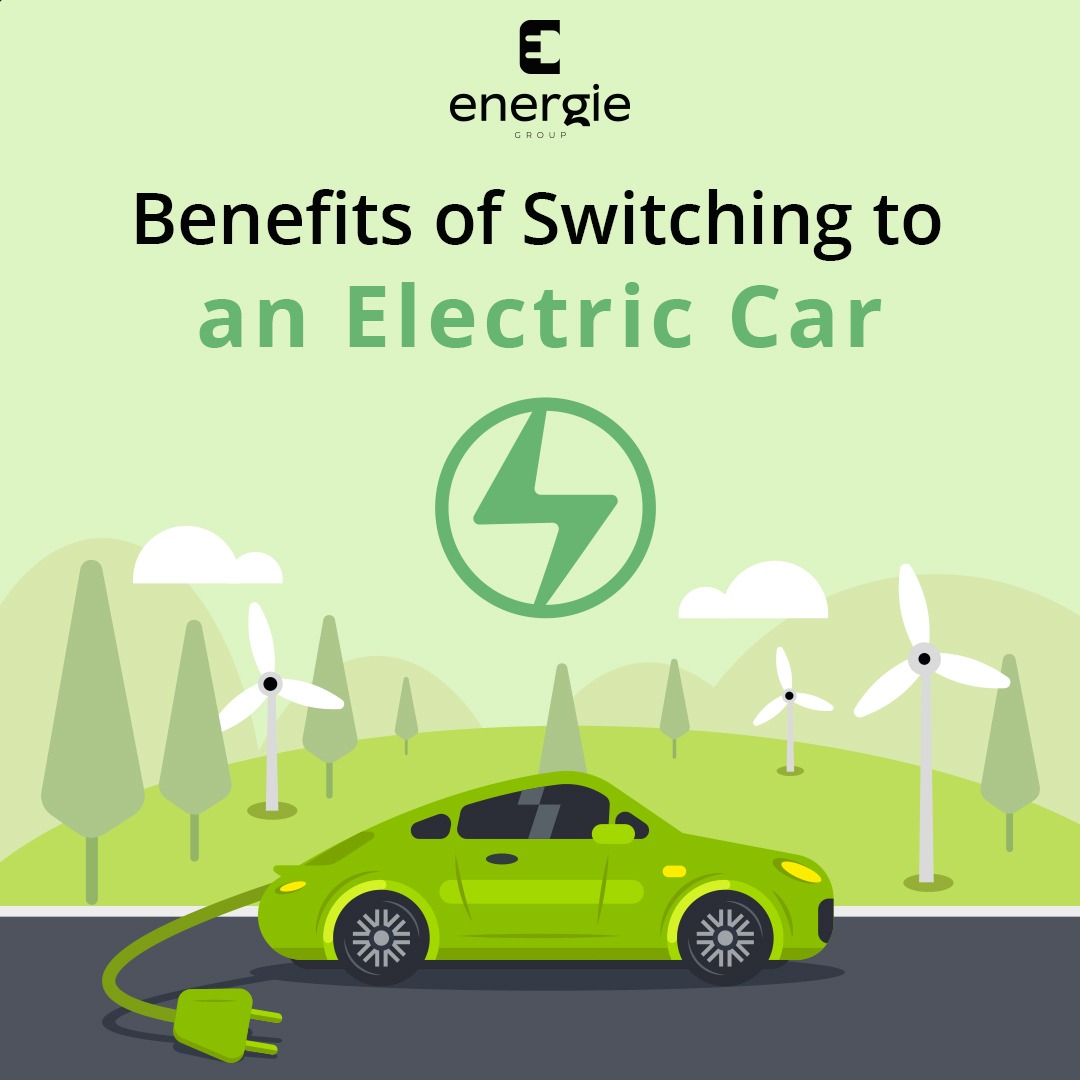Electric Car, or Electric Vehicles, are becoming more affordable as they become more mainstream. As a result of variety of options, it’s much easier to find the right EV that suits your budget and needs.
Switching to EVs comes with some significant benefits. Here are five reasons you should switch out your conventional car for an electric vehicle:
- Not Pumping Petrol
An electric car can be charged overnight at your home with an EV home charger. EV home charger installation is easy and gives you peace of mind. The only time you’ll need to charge is on a long road trip. Look up car charging stations near me and you would see a lot of options. It would be convenient to no longer have to stand and pump petrol. Additionally, an EV charger can save you money spent on petrol.
- Better for the Environment
Traditional cars release toxic emissions that harm the environment. By switching to EVs, cities can reduce air pollution. Compared to conventional vehicles, their carbon footprint is 17 – 30% smaller. An electric car charger is better for the environment. If you don’t own an EV home charger then search up car charging stations near me for some great options.
- Lower Long-term Cost
With no engine, no oil, low cost of EV charger and components that need no regular maintenance, electric cars have lower maintenance and repair costs than their conventional counterparts. Their prices are almost the same as those of conventional automobiles, but their long-term ownership costs are far lower. An EV home charger installation would save you money in the long run.
- Better Performance
The idea that conventional cars perform better is a common misconception. Electric vehicles provide superior acceleration, power, and torque. The batteries can be charged using an electric car charger. They are integrated into the chassis, their centre of gravity is lower, making them easier to manoeuvre.
- Safety
Research has shown that electric vehicles are safer than petrol and diesel-powered cars. They must pass the same safety tests and in case of an accident or a problem, the power flow is interrupted to avoid further damage. Furthermore, they do not use flammable fuel, which can result in explosions and serious injuries.

